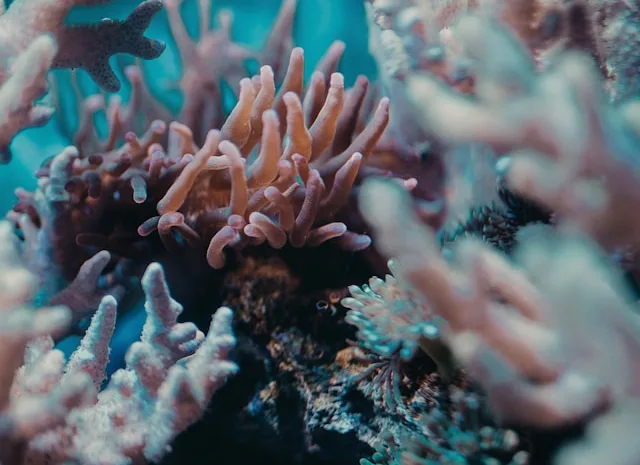As record ocean temperatures continue, a massive global coral bleaching event is underway, impacting marine ecosystems worldwide
Scientists from the US National Oceanic and Atmospheric Administration (NOAA) have declared the onset of the fourth global mass coral bleaching event. This distressing phenomenon, where coral loses its colour and vitality due to elevated water temperatures, has now been observed across all major oceans, including the Atlantic, Pacific, and Indian Ocean.
Recent spikes in ocean temperatures have led to widespread coral bleaching, with the Great Barrier Reef and other significant coral ecosystems around the world experiencing severe impacts. This event marks a continuing trend of increasing ocean temperatures and prolonged periods of heat stress on marine life, exacerbated by climate change and occasional natural factors like El Niño.
Researchers globally are reporting alarming rates of coral decay, a grim reminder of the fragility of these ecosystems. “The corals appear stunning in photographs but are actually suffering and dying,” one scientist noted after a dive to assess the damage. This mass bleaching affects not only the corals themselves but also the myriad forms of life that depend on these reefs for survival.
The situation is dire. In Australia, scientists conducted extensive aerial surveys over the Great Barrier Reef, revealing unprecedented levels of bleaching across the entire marine park. “This level of bleaching will likely result in significant coral mortality,” stated Dr. Neal Cantin from Australia’s Institute of Marine Science.
Ines Lange, another researcher monitoring these developments, emphasized the global scale of this crisis. Reports from Kenya, Brazil, and the Caribbean highlight a pattern of rising water temperatures that have begun to alter the fundamental nature of marine habitats, impacting fishing communities and economies dependent on these ecosystems.
Coral reefs, often dubbed the rainforests of the sea, are crucial for biodiversity, supporting approximately 25% of all marine species. They also play a vital role in coastal protection and support global economies through fishing and tourism. The ongoing bleaching threatens these benefits, risking severe economic and environmental fallout.
Despite the grim outlook, some hope remains if immediate action is taken. Coral has shown resilience and can recover if given respite from heat stress. However, the frequency and intensity of bleaching events are limiting recovery periods, making it harder for reefs to bounce back.
Global efforts to reduce greenhouse gas emissions and manage local stressors on coral reefs are crucial to mitigating this crisis. Scientists argue that only significant and sustained actions to curb ocean warming can preserve these ecosystems for future generations.
